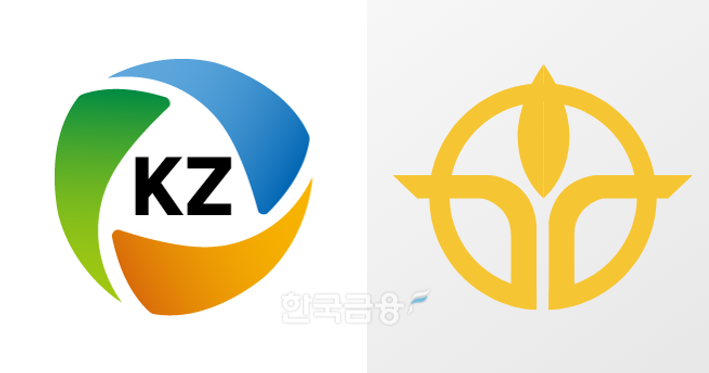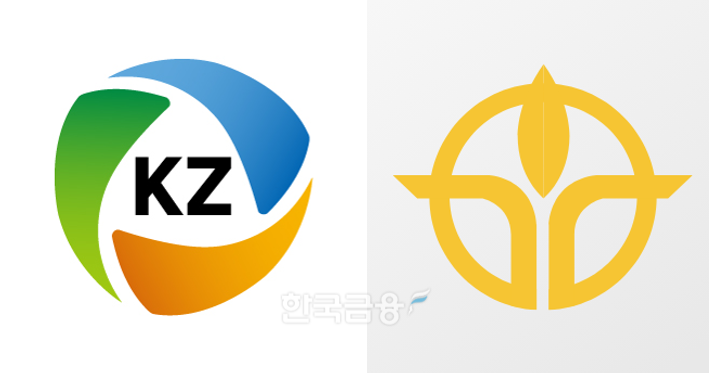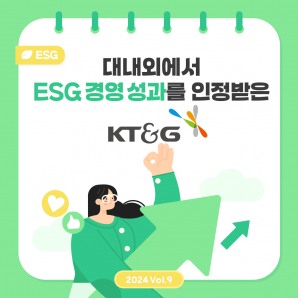The total amount of money that the company has borrowed or is planning to borrow is KRW 3.1 trillion, and it is calculated that about KRW 149 billion will be taken out as financial expenses.
In a public announcement on the 2nd, the company said it had decided to borrow KRW 2.7 trillion from financial institutions. This includes KRW 1.7 trillion in borrowings from financial institutions and KRW 1 trillion in private placement bonds.
Of the total, KRW 1.7 trillion is the limit for borrowing commitments. Like a negative passbook, it means borrowing and spending within a set limit and paying it back, meaning the range is up to KRW 1.7 trillion.
Korea Zinc will borrow a total of KRW 1.16 trillion from Hana Bank and SC First Bank on the 21st. The maturity is one year or less, with interest rates ranging from 4.67% to 5.50%. The interest expense alone is expected to reach KRW 54.3 billion to KRW 64 billion, meaning that the company will spend KRW 1.16 trillion out of the KRW 1.7 trillion borrowing limit and pay up to KRW 64 billion in interest.
The KRW 1 trillion in private placement bonds were issued by Merits Financial Group. With a maturity of one year or less and an annual interest rate of 7%, the interest cost alone is about KRW 70 billion.

Choi Yoon-beom, Chairman of Korea Zinc
Earlier on the 23rd and 27th of last month, the company also issued commercial paper (CP) worth KRW 200 billion each from Korea Investment & Securities and KB Securities, totaling KRW 400 billion.
Last month, Korea Zinc was given the highest A1 among CP ratings by Korea Corporate Ratings and Nice Credit Ratings, a domestic credit rating agency.
However, as the CP funds are company money, it is not allowed to lend credit to related parties such as Chairman Choi Yoon-beom. The company also said that the CP issuance is to secure operating funds, including repayment of short-term borrowings in foreign currencies.
Shin Haeju (hjs0509@fntimes.com)
































![[현장] 베일 벗은 HDC현산 '서울원 아이파크', 평일 오전에 2천명 넘는 인파](https://cfnimage.commutil.kr/phpwas/restmb_setimgmake.php?pp=006&w=69&h=45&m=5&simg=20241122164905042485e6e69892f203229150117.jpg&nmt=18)


![[DCM] "한화오션, 공모채 경쟁률 8.4대 1… 효성첨단소재도 목표액 초과"](https://cfnimage.commutil.kr/phpwas/restmb_setimgmake.php?pp=006&w=69&h=45&m=5&simg=2024112210235807058141825007d12411124362.jpg&nmt=18)


















![[카드뉴스] 국립생태원과 함께 환경보호 활동 강화하는 KT&G](https://cfnimage.commutil.kr/phpwas/restmb_setimgmake.php?pp=006&w=298&h=298&m=1&simg=202403221529138957c1c16452b0175114235199_0.png&nmt=18)
![[카드뉴스] 신생아 특례 대출 조건, 한도, 금리, 신청방법 등 총정리...연 1%대, 최대 5억](https://cfnimage.commutil.kr/phpwas/restmb_setimgmake.php?pp=006&w=298&h=298&m=1&simg=20240131105228940de68fcbb35175114235199_0.jpg&nmt=18)
![[카드뉴스] 어닝시즌은 ‘실적발표기간’으로](https://cfnimage.commutil.kr/phpwas/restmb_setimgmake.php?pp=006&w=298&h=298&m=1&simg=202311301105084674de68fcbb35175114235199_0.png&nmt=18)
![[신간] 사모펀드 투자와 경영의 비밀](https://cfnimage.commutil.kr/phpwas/restmb_setimgmake.php?pp=006&w=81&h=123&m=5&simg=2024102809331308730f8caa4a5ce175114235199.jpg&nmt=18)
![[신간]퍼스널브랜딩, 문학에서 길을 찾다](https://cfnimage.commutil.kr/phpwas/restmb_setimgmake.php?pp=006&w=81&h=123&m=5&simg=2024102214123606876f8caa4a5ce175114235199.jpg&nmt=18)
![[서평] 추세 매매의 대가들...추세추종 투자전략의 대가 14인 인터뷰](https://cfnimage.commutil.kr/phpwas/restmb_setimgmake.php?pp=006&w=81&h=123&m=5&simg=2023102410444004986c1c16452b0175114235199.jpg&nmt=18)

![[신간] 김국주 전 제주은행장, ‘나는 시간을 그린다 1·2’ 에세이 출간](https://cfnimage.commutil.kr/phpwas/restmb_setimgmake.php?pp=006&w=81&h=123&m=5&simg=2024111517430908074c1c16452b012411124362.jpg&nmt=18)








